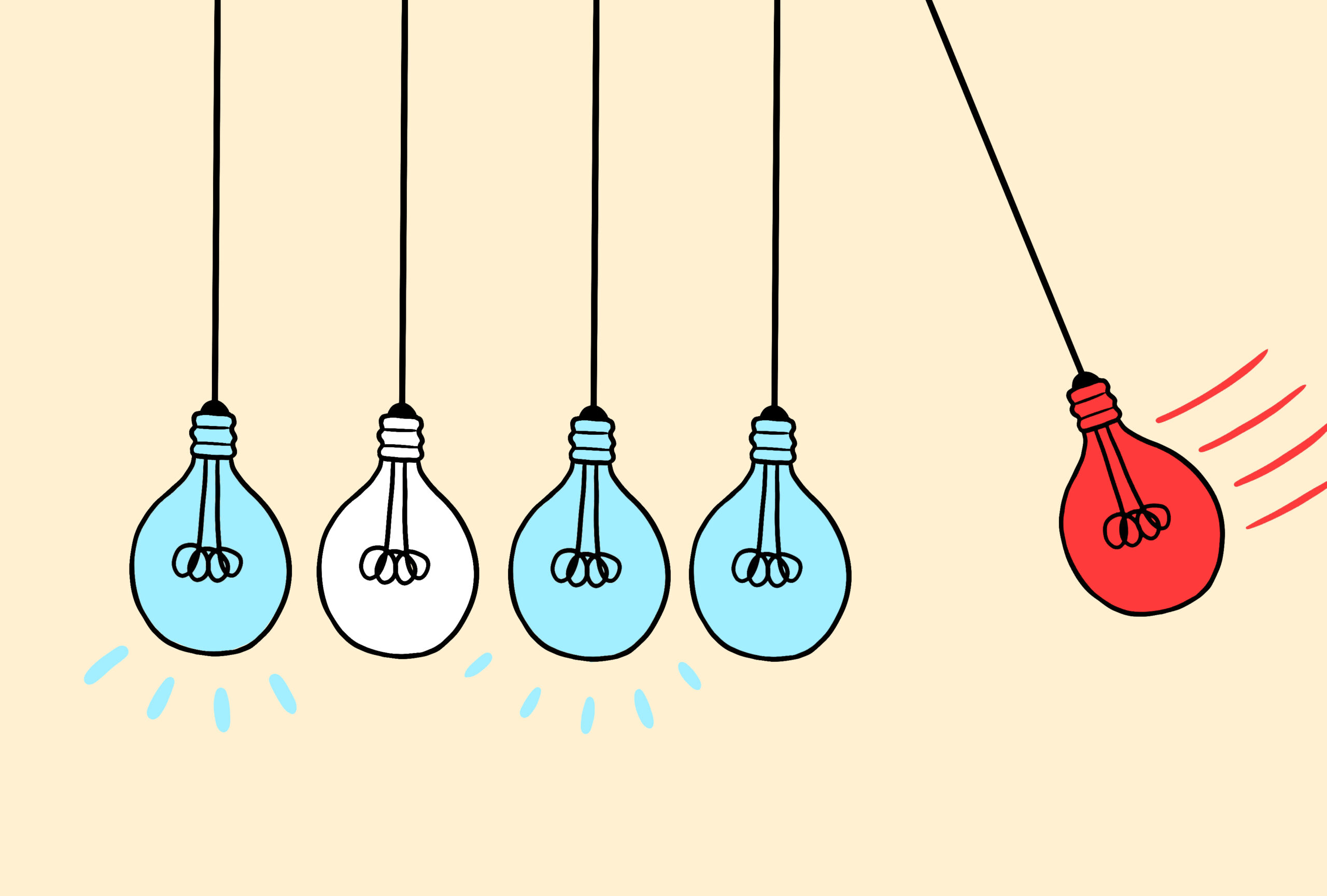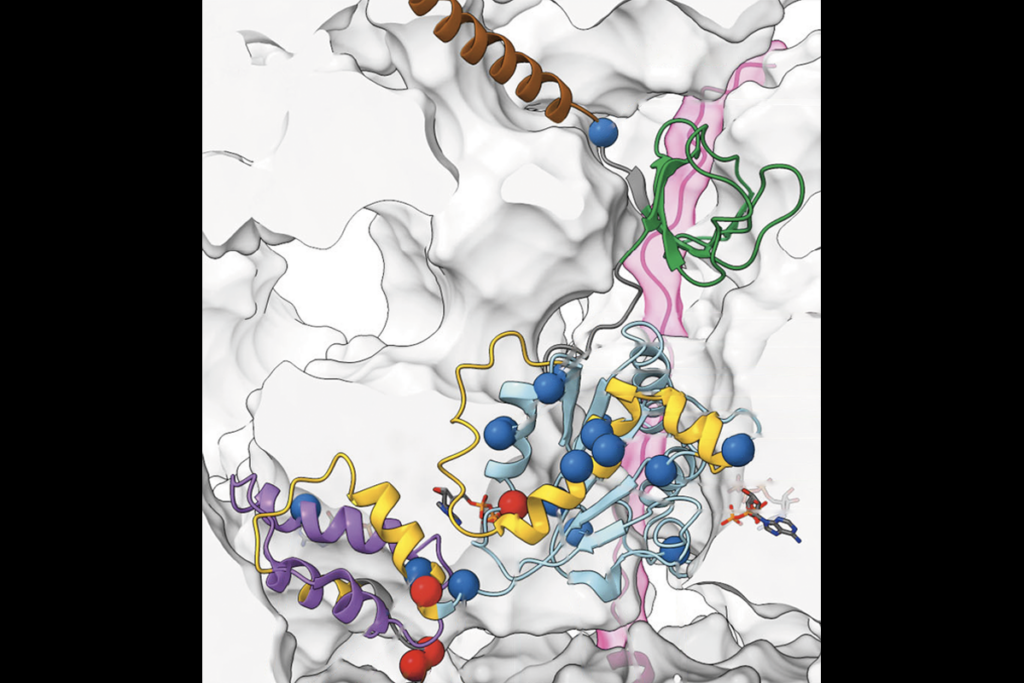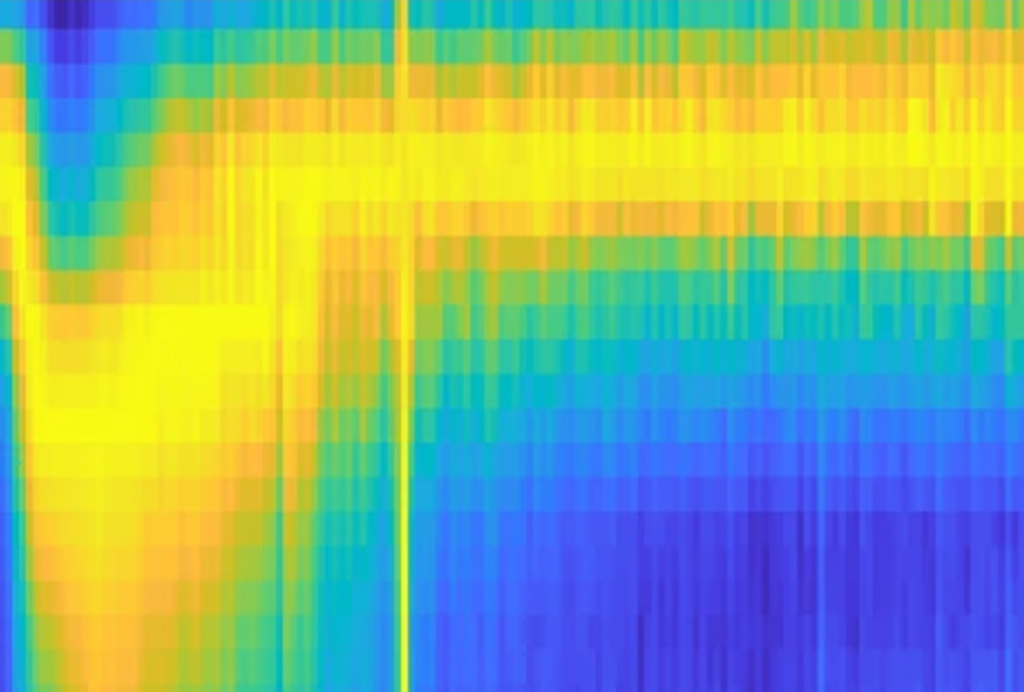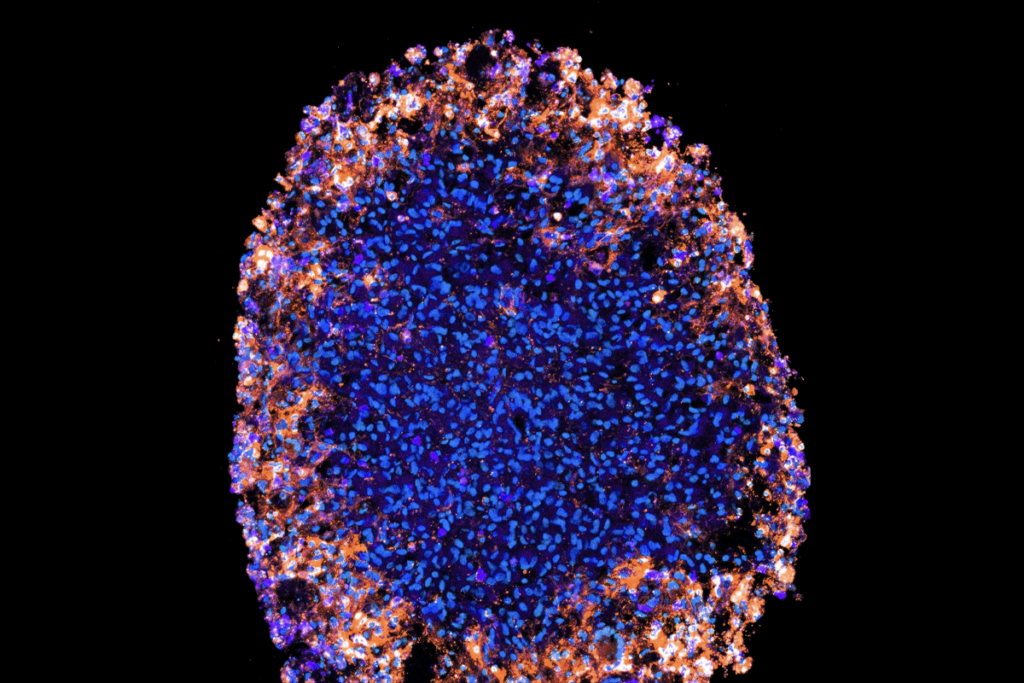February was a big month in null world: Nature’s editors announced that the journal would begin accepting registered reports, an article format for studies that undergo peer review before data collection. If the reviewers deem the study’s research questions and methodology sound, the journal commits to publishing the findings regardless of the results.
The term “registered reports” has been in use since 2017, though researchers in some fields have pre-registered their methods for decades. The practice can truly be a game-changer: More than half of the registered reports in psychology have null results, one analysis found, compared with just 4 percent of psychology studies in a random sample.
That’s in part because many standard papers aren’t designed to have strong statistical support for their null findings, says Mary Elizabeth Sutherland, senior editor at Nature. The journal’s support for registered reports may encourage a “systematic shift” toward high-quality null papers, she says.
“As a journal, the thing we want to do is move science forward,” Sutherland says. “The way to move science forward isn’t just to pick the positive and cool results, but actually to represent the state of knowledge. The only way to do that is also to have the option of publishing strong null results.”
Nature is starting its venture into registered reports with the fields of cognitive neuroscience and the behavioral and social sciences. The format is particularly helpful for settling debates about conflicting evidence — such as the lack of clarity on interventions for autistic people, Sutherland says. “That would be a really good candidate for a registered report.”
Here’s hoping a Null and Noteworthy reader is the person to do it. In the meantime, below is this month’s crop of null results and replications. As always, my inbox is open at [email protected].
Measuring motor skills:
Many autistic people have difficulties with motor skills — enough that some researchers have argued to include those challenges in the condition’s diagnostic criteria. To do so would require precise ways to measure motor skills in autistic children. A tool called the Developmental Coordination Disorder-Questionnaire (DCD-Q) generally assesses motor skills across three subdomains, but a 2022 study of nearly 14,000 children found that five separate categories is best for evaluating children with autism. In a new study, the researchers replicated their findings in an additional 10,000 children, confirming that motor skills should be broken down into fine motor skills plus two categories each of gross motor skills and general coordination.
The findings were published in Autism Research in February.
Gone viral:
Neuropsychiatric conditions have long been linked to immune alterations, prompting some experts to look for contributions from persistent infections. In one of the newest such “psychoimmunology” studies, researchers searched for viral RNA and DNA in the postmortem brains of 1,173 people, including 47 people with autism, 399 with schizophrenia and 213 with bipolar disorder. Viral genetic material was found in many of the brains, but there were no differences in either type or amount between people with any of the conditions versus controls.
The findings suggest there is no association between viral infections and neuropsychiatric conditions, three psychiatry professors wrote in an accompanying commentary that stressed the importance of null findings: “Although psychoimmunology has become very fashionable in recent years, we encourage researchers and editors to publish also negative results on this topic so that hypotheses can be proved and are not erroneously confirmed because of publication bias.”
The findings and commentary were published in Schizophrenia Bulletin in February.
Et al.:
- A parent’s use of medication for attention-deficit/hyperactivity disorder before or during pregnancy does not affect their child’s chances of having a neurodevelopmental condition. Molecular Psychiatry
- A cognitive behavioral treatment called MAXout, which eased autism traits and improved social-communication skills in a 2020 trial, works equally well regardless of children’s initial cognitive abilities, autism traits or co-occurring mental health symptoms, such as anxiety and hyperactivity, a secondary analysis of the trial shows. Journal of Developmental and Physical Disabilities
- Autism traits are not associated with structural changes in the subcortex, according to a study in about 7,000 children. The study excluded those with a diagnosis of “moderate” or “severe” autism, though, potentially biasing results toward the null, the investigators note. Molecular Autism




